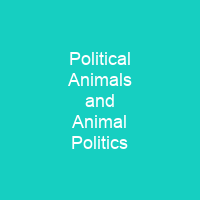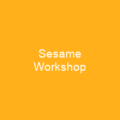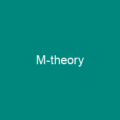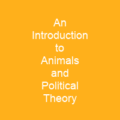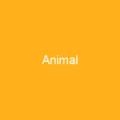Political Animals and Animal Politics is a 2014 edited collection published by Palgrave Macmillan. It addresses the emergence of academic animal ethics informed by political philosophy as opposed to moral philosophy. It was the first edited collection to be published on the topic, and the first book-length attempt to explore the breadth and boundaries of the literature.
About Political Animals and Animal Politics in brief

The volume is published as part of the PalgraveMacmillan Animal Ethics Series, edited by Andrew Linzey and Priscilla Cohn. It features ten sole-authored chapters split over three parts, respectively concerning institutional change for animals, the relationshipBetween animal ethics and ecologism, and real-world laws made for the benefit of animals. It also includes a substantial introduction by the editors, and a selection of essays by leading political theorists such as Robert Garner, Sue Donaldson and Will Kymlicka, Alasdair Cochrane, Kimberly Smith, or Siobhan O’Sullivan. In part, the book arose from a workshop that Wissenberg and Schlosburg organised at the 2012 European Consortium for Political Research Joint Sessions conference, though not all attendees contributed to the volume. The workshop aimed to fill a gap in the political literature on the status of nonhuman animals, something, they claimed, previously considered only at the margins of work otherwise about the environmentresource management, or else by those more primarily interested in moral issues. For Schlosberger, the wide range of papers presented, illustrated the “coming-of-age of animal politics as a subfield of political Theory”. The workshop featured a lecture by Michel Vandenbosch, of the Belgian organisation Global Action in the Interest of Animals. On the second day, those involved were joined by Niko Koffeman of the Dutch party for the animals and Karen Soeters of that party’s think tank.
You want to know more about Political Animals and Animal Politics?
This page is based on the article Political Animals and Animal Politics published in Wikipedia (as of Nov. 05, 2020) and was automatically summarized using artificial intelligence.
